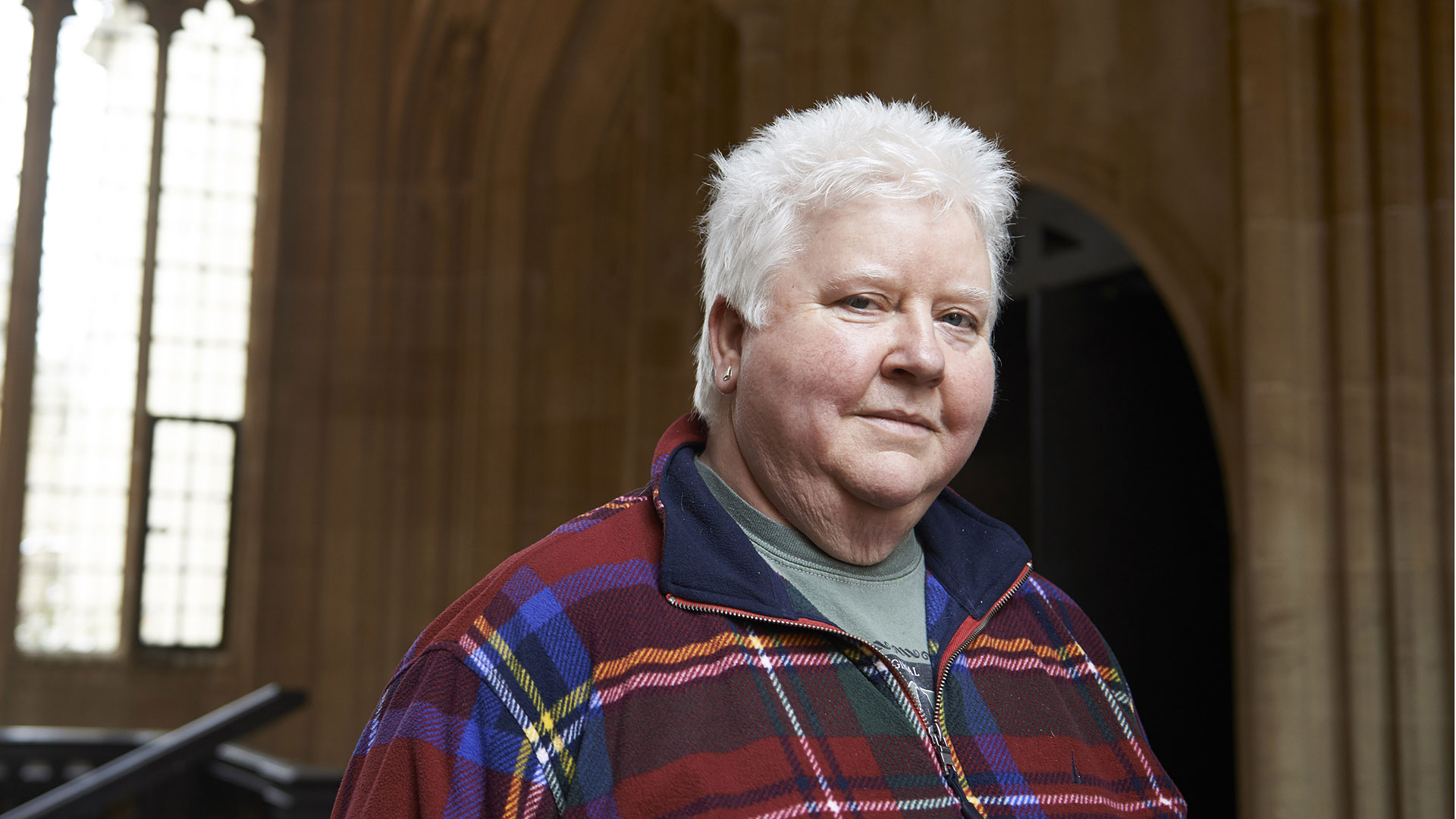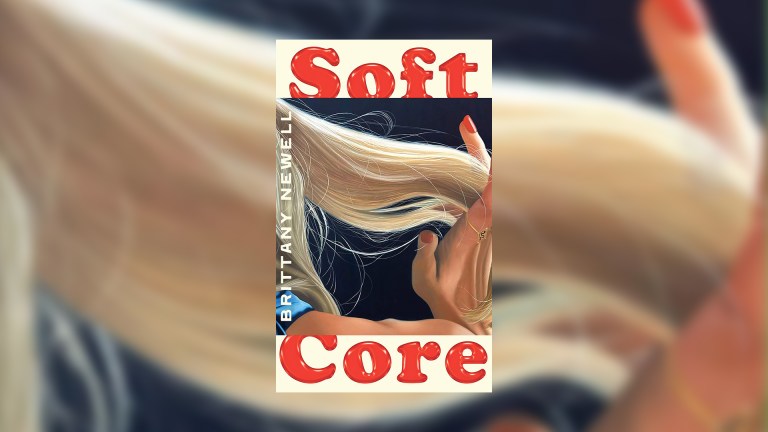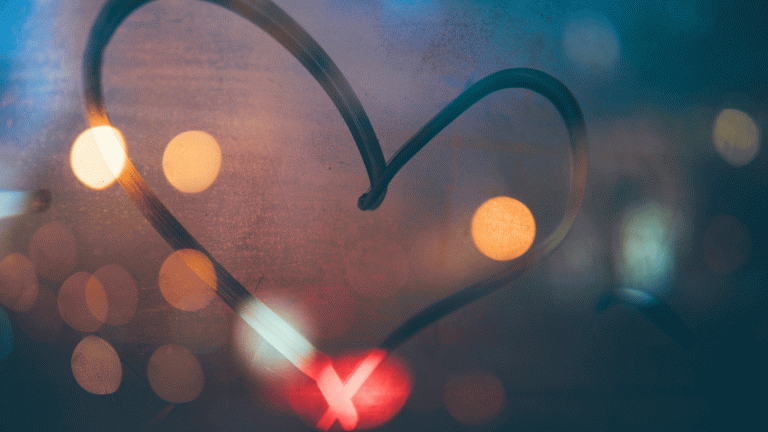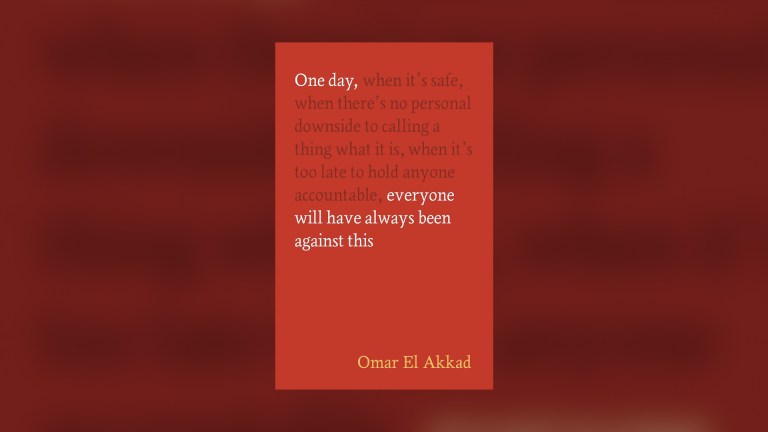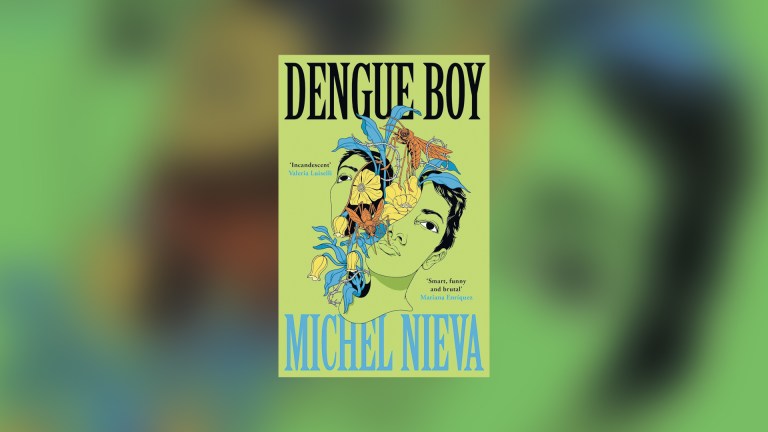At 16 I was preparing for my Oxford entrance exam. I was very driven. I pushed myself in everything. I played hockey for the 1st 11 in the East of Scotland. I played guitar and sang in folk clubs. I won debating prizes. Everything I did, I wanted to do really well.
I was very much of the working class generation where we thought education was the key to doing well in life. My parents were bright people who passed their exams to go to high school but had to leave at 14 because their families couldn’t afford it. They never got to reach their potential. So they very much encouraged me not be trapped by circumstances. But they had mixed feelings about my going to Oxford. It was a long way away from Kirkcaldy – the only time we’d gone to England was a weekend in Blackpool. And it was a long way intellectually as well. So I think they were really a bit nervous for me, as well as very proud. But I think they saw that I was always going to go my own way.
I became aware when I was at Oxford that I was drawing a line between my past and my future. I couldn’t articulate this when I was 16 but I think I wanted to spread my wings because of my sexuality. There were no lesbians in Fife in the 1960s. I knew I felt different, and quite lonely, listening to Leonard Cohen and Joni Mitchell on my own, feeling that sense of alienation and unhappiness. I thought my difference must be because I wanted to be a writer. If lesbians aren’t visible in your culture – no lesbians on TV, in books, in films – it’s very hard to come to that understanding by yourself. I’d spend hours walking with the dog along miles of coastline, days full of nothing but me, my dog and a book.
If lesbians aren’t visible in your culture – no lesbians on TV, in books, in films – it’s very hard to come to that understanding by yourself
I did go out with boys. That’s just what you did. I went to parties, did the illicit drinking, a wee bit of smoking dope. On the face of it, I was the life and soul. But I knew I was going through the motions. The music I was listening to was a far better reflection of how I really felt. And I was singing in folk clubs, where you’d meet people hanging out in the back room – people like Billy Connolly and Gerry Rafferty. It wasn’t glamorous at all but I was playing with people who were serious about what they were doing. If I hadn’t been a writer, I’d have liked to be a musician.
I was lucky going to St Hilda’s College at Oxford. Compared to many of the men’s colleges, it felt much more egalitarian. I went to a 40th reunion recently and one of my old friends said: “We all thought you were so exotic.” Because I was from Scotland! I did think of myself as a fish out of water – I had to learn how to speak English because no one understood my Fife accent – but never exotic. At the same time, I never felt inferior. The main thing I learned from my parents was that no one is better than you. My father was a great Robert Burns man – I grew up with that philosophy, A Man’s a Man for A’ That. You call no man your master.
Towards my final year at university I started learning about feminism. Reading Kate Millett’s feminist classic Sexual Politics was like having a lightbulb going on above my head. It gave me a totally different view. I started hanging round with feminist groups, and that’s where I learned about lesbians. And I realised that’s where I belonged. Not much later, I had my heart well and truly broken in my first real relationship. It was one of those star-crossed, doomed things, which ended badly. I had to be emotionally tough about it. You had to be careful who you talked to about such things then. There was a lot of hostility, really quite nasty homophobia all around. So I just had to get a grip and get on. But that heartbreak stayed with me a long time, reverberating through my life.
